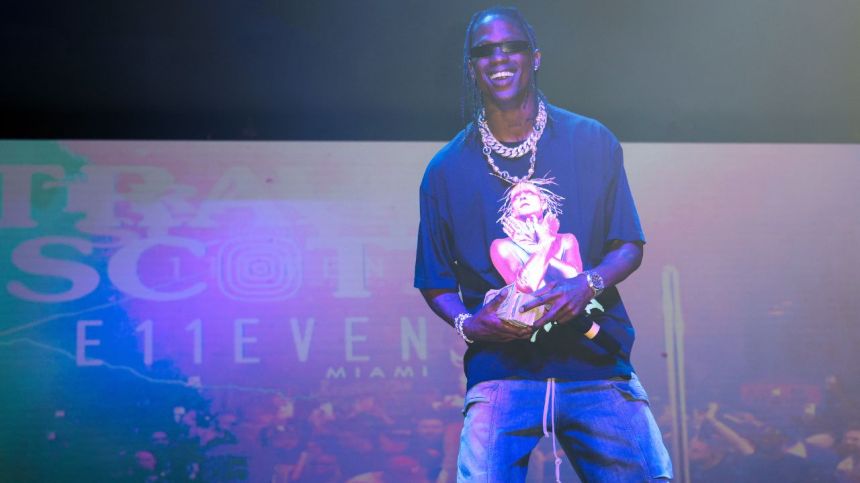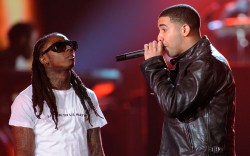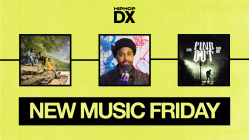Travis Scott has settled the last remaining wrongful death lawsuit against him in the 2021 Astroworld concert tragedy.
Rolling Stone is reporting that Scott West, an attorney for the family of 9-year-old Ezra Blount, sent an email on Thursday (May 23) confirming that the family had reached an agreement with the parties, which included Scott and LiveNation.
Blount was the youngest of the 10 victims, who died as a result of a crowd crush during Scott’s performance at the festival.
“The family will continue its journey to heal, but never forget the joy that Ezra brought to everyone around him,” West said in the email statement.
Terms of the settlement were not disclosed.
The settlement of Blount’s case comes shortly after it was announced that Cactus Jack had to appear in court in September 2024, when jury selection in the trial was set to begin.
As was previously reported, the Blount case was set to be heard before State District Judge Kristen Hawkins on September 10, 2024.
The child’s family tried to get the case heard before September, but Judge Hawkins declared it impossible to do so due to scheduling and logistical errors on behalf of all the parties.
The lawsuit filed by Blount’s family is one of ten, total, that have been filed against Travis Scott and other parties involved in the Astroworld concert tragedy.
All others have been settled confidentially — including one that was scheduled to go to trial that same week. However, around 2,400 injury cases remain active.
In March, Cactus Jack’s attorneys argued that the responsibility for the fans’ safety lies with event organizers and the venue’s staff.
“Like any other adrenaline-inducing diversion, music festivals must balance exhilaration with safety and security — but that balance is not the job of performing artists, even those involved in promoting and marketing performances,” lawyer Daniel Petrocelli wrote.
“Which only makes sense: Performing artists, even those who engage in certain promotional activities, have no inherent expertise or specialized knowledge in concert safety measures, venue security protocols, or site-design.”
He continued: “When, during festival planning, concerns arose about the risk of a stampede occurring in the festival site, the Scott defendants supported festival organizers’ efforts to eliminate that risk by agreeing to remove certain rides and other attractions at the site. Then, when the Scott defendants were told to end the show after Mr. Scott’s guest performer finished performing, they did just that — ending the show as directed.”









Travis did no wrong. Hopefully the promtors had to foot the bill. Thsts whst insurance is for.
I swear every time I think you can’t say something more fucking retarded than the last, you somehow prove me wrong. A person dying at a concert/festival is a rare occurrence. If 10 people die during YOUR set alone, you are clearly responsible. If this piece of shit stopped the show when people in the crowd begged him too, the amount of deaths could’ve easily been avoided. The fact that he paid rather than going to trial is HIM ADMITTING GUILT you retarded cock sucker. Real Talk OG needs to swallow a shotgun shell after he offs his parents for even giving birth to this dipshit. That’s real talk.
Weirdo, you have the right name. Go save some lives in your city tonight, or else you’re a weirdo and a hypocrite. FOHWTB
No wonder he’s fighting Tyga. It’s a CELEBRATION!
I SAY CHARGE THE PARENTS..ALSO…..WHAT IDIOT ALLOWS A 10 YEAR OLD 2 GO TO A PARTY LIKE THAT..ANYWAY….SAD..HE NEEDED MORE RESPONSIBLE PARENTS…AT 10 MY ASS WAS IN BED BY 9..FOR REAL SUMMERTIME BED BY 11…FACTS..